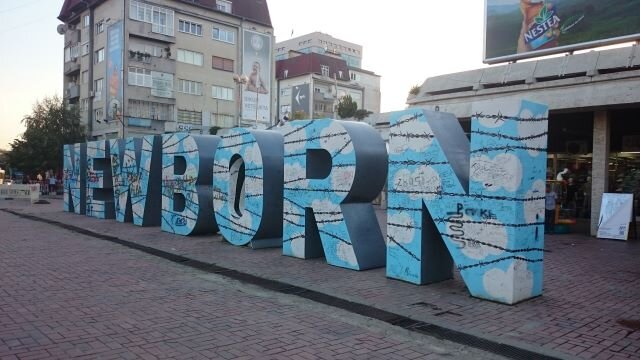
De facto states research unit
Constructing a Demos in De Facto States. Legitimacy and Regime Support in Abkhazia, Transnistria and Nagorno-Karabakh
Funded by Estonian Science Foundation and Russian Fund for Humanities Research Grant, 2009-2010
As a norm, the right of national self-determination with full independence as the best way to obtain self-government today applies only to overseas colonies. More often than not this normative state sovereignty overrules the rights of people to challenge their governments. Due to the clash between the principle of the territorial integrity of states and the right to self-determination of peoples, the focus here is on the given controversies which are consistently exploited by the emerging sovereigns to claim their place in the international community. This makes us to conclude that there is not much emphasis placed on the domestic legitimacy of the political entities in question. The international community does not seem to be interested in a failed state’s durability and the legitimacy of the secessionist entity’s claim to sovereignty (is there shared identity and popular support among the population?). If the declaration of group or state independence is seen as an illegal act in light of unsupportive international law, then how can externally imposed peace plans be legitimate given the reluctance of the conflicting parties to accept their provisions. In this sense, the concept of legitimacy conveys more than the acceptance derived from legal recognition, giving a new impetus to related topics such as factual sovereignty in a legal framework and a de facto state in international relations. The purpose of this research is to examine self-determination claims in de facto states based on legitimacy criteria widely accepted in liberal democratic societies.
This research studied the legitimacy issues in Abkhazia, Transnistria and Nagorno-Karabakh. The selection of these cases is justified for a number of reasons. They all emerged as de facto states in the aftermath of civil wars in the post-Soviet space. Their political regimes have not been recognized by the international community nor have there been any achievements in terms of reconciliation and reintegration. Moreover, these frozen conflicts involve influential external players: Abkhazia and Transnistria rely on Russia and Nagorno-Karabakh is supported by Armenia. Yet, what we do not know is the level of domestic support to the self-proclaimed statehood across the ethnic and social groups. Whereas de facto states enjoy regime support and presumably can even report about people with a shared identity they often fail to meet democratic procedures which may question the overall legitimacy of their independence bids. If this encourages de facto regimes to democratize more, is a question that remains to be answered.


